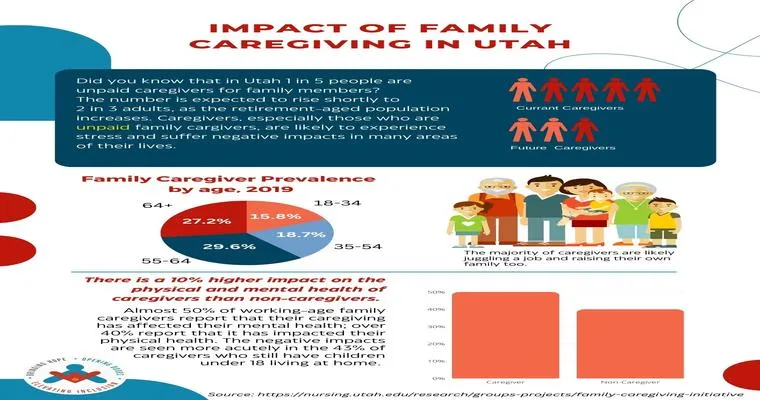Navigating the complexities of family responsibilities can be challenging, especially when it comes to caring for an "elderly parent". If you find yourself in a situation where you need to discuss with your wife the reality of caring for her "aging father", it is essential to approach the conversation with sensitivity and understanding. Here are some effective strategies to communicate your concerns and help her realize the challenges involved.
Understand the Emotional Aspect
Before initiating the conversation, take a moment to appreciate the emotional weight this topic carries for your wife. Her father may be a significant part of her life, and the thought of not being able to care for him can evoke feelings of guilt and sadness. Acknowledge these emotions when you discuss the situation.
Open the Lines of Communication
Start by having an open and honest conversation with your wife. Choose a calm moment to express your thoughts and feelings about her father's care. Use "I" statements to avoid sounding accusatory. For example, you could say, "I feel overwhelmed by the idea of taking care of your father full-time." This approach encourages dialogue rather than defensiveness.
Discuss the Practical Challenges
When discussing the situation, it is crucial to address the "practical challenges" involved in caring for her elderly father. Talk about your current commitments, work schedules, and any other responsibilities you both have. Highlight the physical, emotional, and financial demands of caregiving. This can help your wife see the situation from a more realistic perspective.
Explore Alternative Solutions
Instead of simply stating that you cannot take care of her father, suggest alternative solutions. Research local "assisted living facilities", home care services, or community support groups that could provide assistance. Presenting these options shows that you are not dismissing her father's needs but rather seeking the best possible care for him.
Emphasize the Importance of Self-Care
Caring for an elderly parent can take a toll on both physical and mental health. Discuss the importance of self-care for both of you and how taking on this responsibility could affect your relationship. Emphasizing that prioritizing your well-being is essential for being able to support her father in another capacity can help her understand your perspective.
Seek Professional Advice
If the conversation remains difficult, consider seeking professional advice. A family therapist or counselor can facilitate the discussion, helping both of you express your feelings and concerns more effectively. This neutral ground can provide valuable insights and solutions that may not have been considered before.
Be Patient and Supportive
Changing someone’s mind about a sensitive topic takes time. Be patient with your wife as she processes the information and emotions involved. Offer your support as she comes to terms with the realities of her father's care, and reassure her that you will navigate this situation together.
Conclusion
Ultimately, the goal is to achieve a mutual understanding of the challenges associated with caring for her elderly father. By approaching the conversation with empathy, discussing practical challenges, exploring alternative solutions, and emphasizing the need for self-care, you can help your wife realize the complexity of the situation. Through open communication and support, you can work together to find the best path forward for your family.





